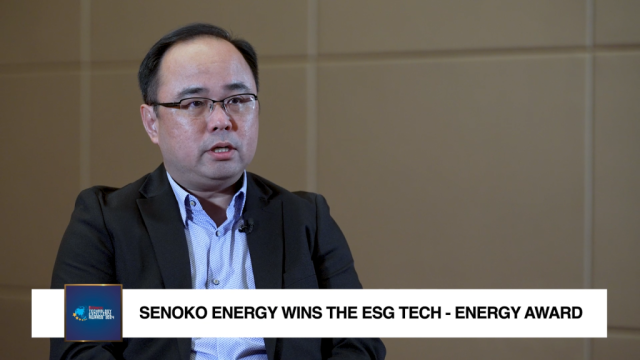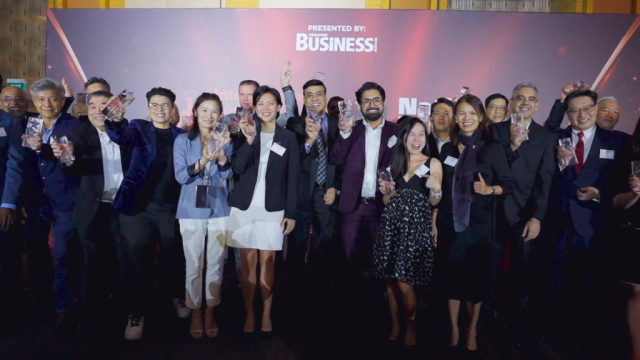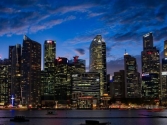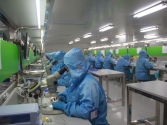
How flexible working also helps the environment
By Filippo SartiAnyone who breathes the air of Singapore at rush hour knows that traditional working practices are not good for the environment. The car emissions from Singapore’s commuters are bad for air pollution, bad for health, and bad for the economy.
Singapore being the second most densely populated country in the world, has roads taking up 12% of its total land area and the demands on land transport system is set to increase by 60% from the current 8.9 million daily journeys to 14.3 million by 2020.
The problem will intensify, and not just in Singapore. According to the United Nations, around 3 billion people live in urban areas. By 2050, 6.5 billion will do so. Imagine the length of the traffic jams in 2050 if city-dwellers continue to commute to work.
Fortunately, they won’t do this in 2050, because technology already makes it unnecessary to work every day in a fixed office. Cloud computing, smartphones and tablets offer professionals nowadays greater flexibility to work where it suits them– at different offices, at home, on the move, or at co-working hubs and business lounges in the suburbs near to where they live.
Businesses understand that giving staff flexibility over when and where they work can cut real estate costs; it can also boost productivity. 67% of businesses in Singapore believe they are more productive as a result of flexible working and 66% have seen an increase in revenues accordingly.
Shorter travel times
One way that flexible working increases productivity is by cutting travel. Letting staff use workspace closer to residential areas reduces commuting, whilst using flexible workspaces close to key contacts or airports cuts the distances staff travel in the course of their work.
As well as slashing traffic emissions, this frees up time for more important things – like revenue-generating activity or time with family.
Asked what their ideal commuting time would be, 63.5% of people say they would like a commute of 20 minutes or less. Sadly, the average commute is 40 minutes.
Businesses, governments, environmentalists, society – we all need to find ways to cut traffic congestion, and flexible working is one such way. Businesses’ own desire to access workspaces closer to workers’ homes, customers or transport hubs is evident in Singapore.
Less wasted space
Flexible workspaces and co-working spaces further promote energy-efficiency because they make better use of office space. Occupancy in the typical leased office is around 50%, as meeting rooms and desks sit unused for much of the day. Even so, this empty space is still lit and air-conditioned.
In contrast, flexible workspaces and co-working hubs tend to have higher usage levels. There’s less empty space being cooled, heated or lit.
Change - for example, rising vehicle ownership - has created Singapore’s environmental problems. But change can also solve them.
New technology like cloudcomputing reduces daily commuting. New mindsets – such as shifting to flexible working – can also reduce commuting and energy wastage. Together, they can help put an end to Singapore’s long commutes and traffic jams, and all the environmental problems they cause.
Filippo Sarti, CEO, Regus Asia

























 Advertise
Advertise










